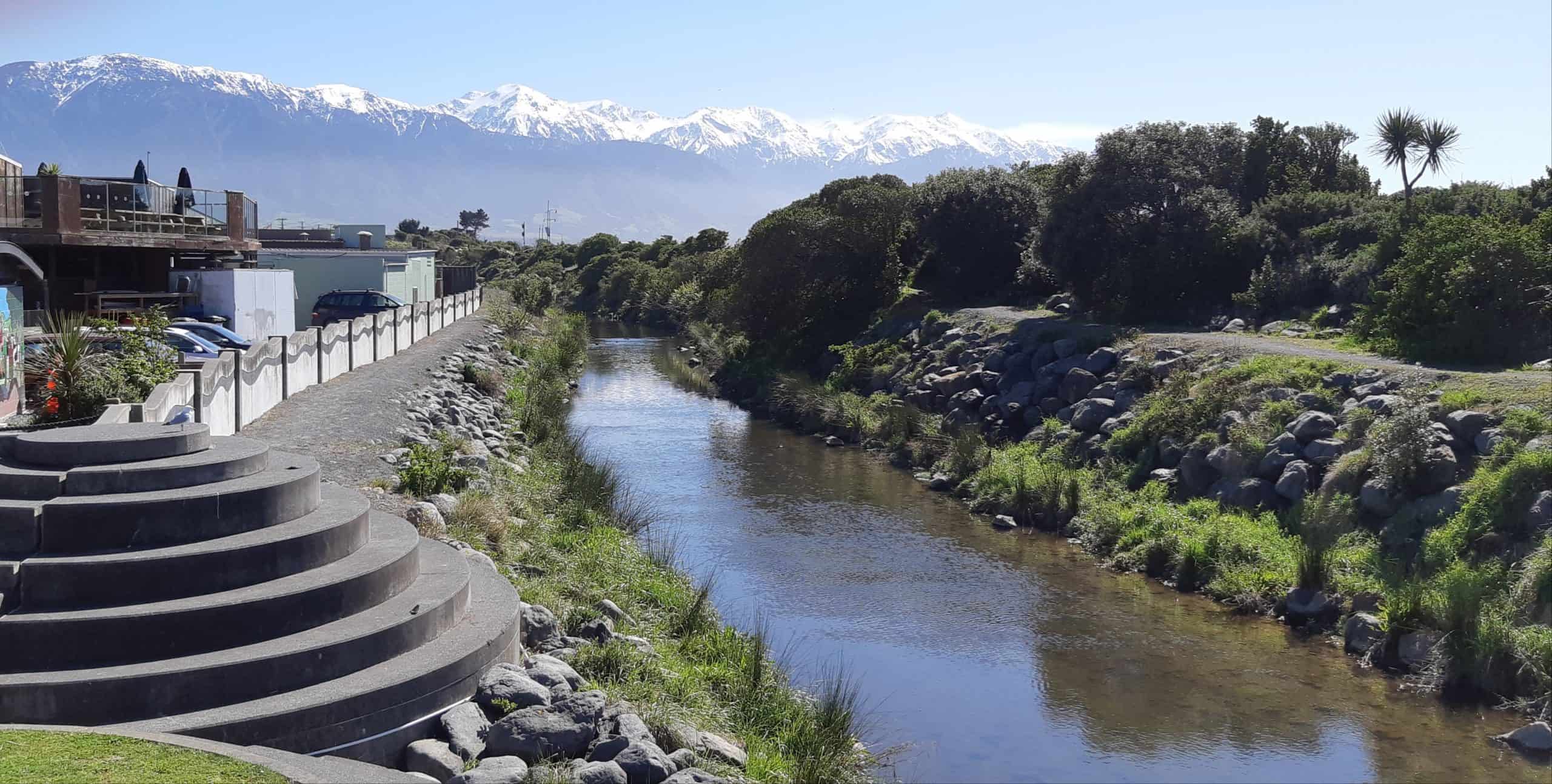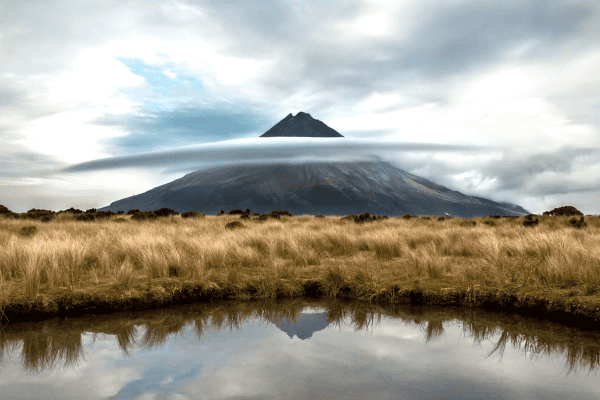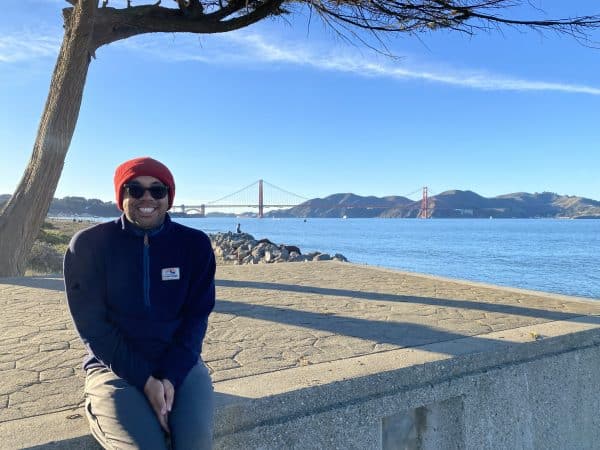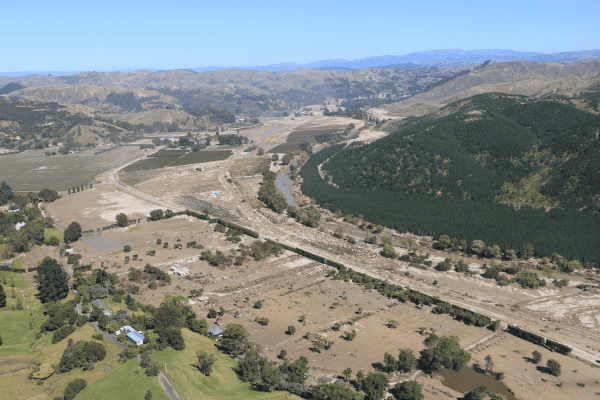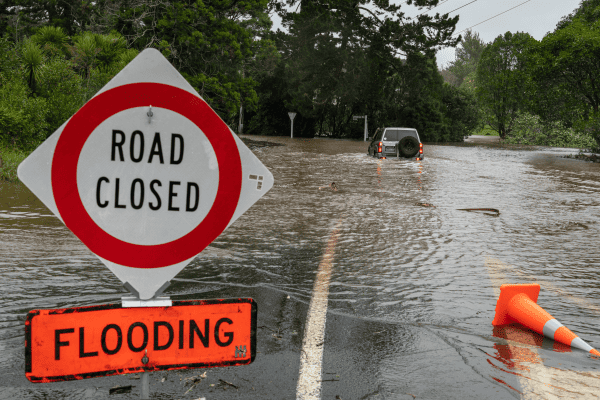Student profile: Ashley Rudkevitch
20/12/2018
Community initiatives in rural resilience and post-disaster recovery
A bit about me
I was born and raised in the Canadian subarctic in a town called Yellowknife, Northwest Territories. Eventually I moved south where I earned a BA in anthropology and human geography at the University of British Columbia Okanagan.
After I completed my BA I moved east to the University of Waterloo in Ontario where I completed a MA in Planning. My master’s thesis brought me back to my hometown of Yellowknife where I decided to focus my research on applying a community planning approach to the impacts of international tourism on a small, isolated city.
Before I had submitted my master’s thesis, I was told about a potential PhD with the Resilience to Nature’s Challenges National Science Challenge. As I was already moving to New Zealand in January 2017 it was a well-timed, exciting opportunity and by mid-2017 I was enrolled in the PhD program at Lincoln University.
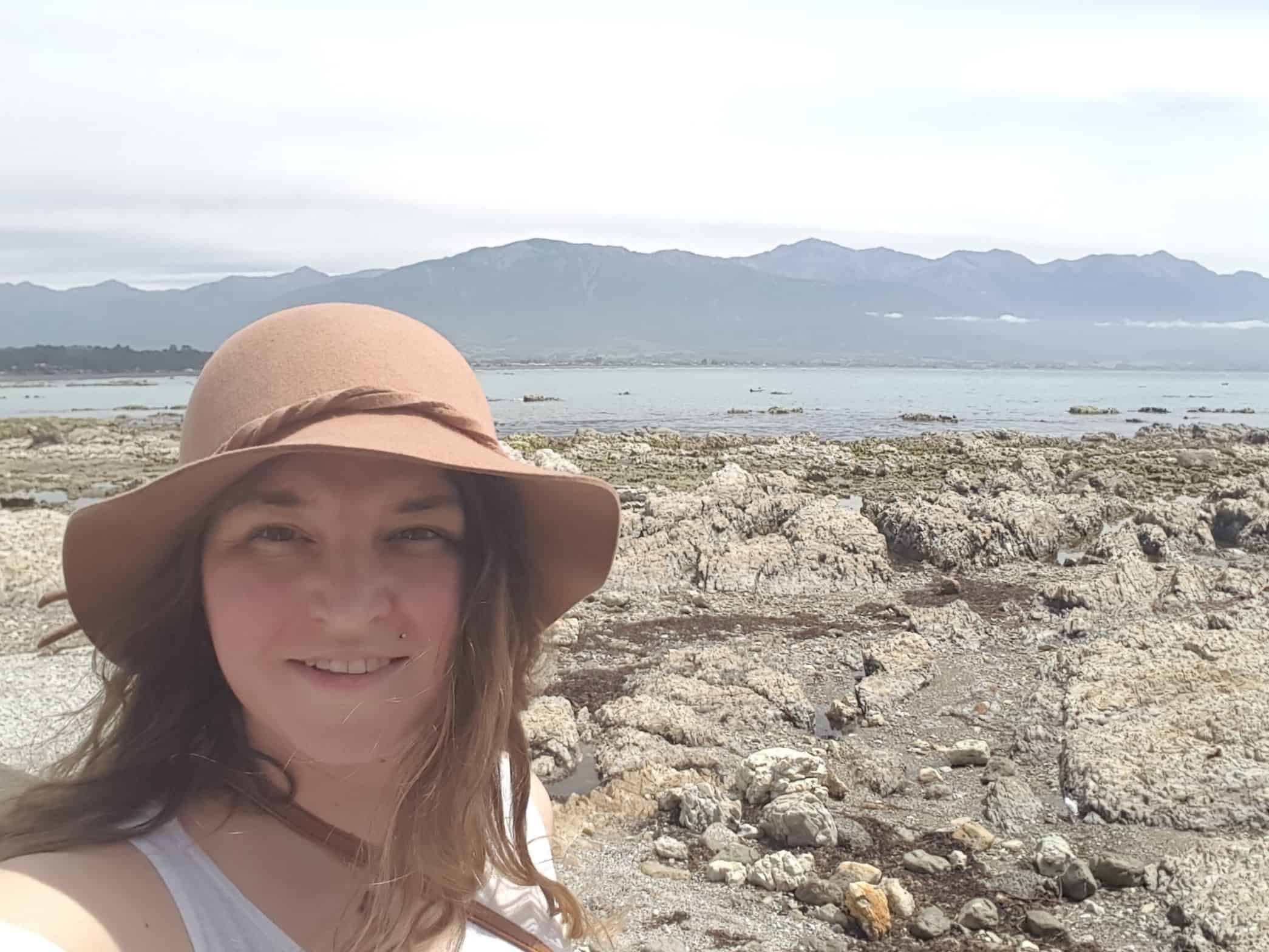
My project
The Kaikōura earthquake and its impact on the community is the basis for my PhD research. My study is focusing on various post-quake initiatives as a way to examine how the community is actively participating in the recovery and rebuild process. These community initiatives include organised social groups, festivals, group projects, social enterprises, and local food events. Ultimately, my question is what do these organised activities mean in terms of community resilience, and what do they reveal about the priorities, aspirations,needs and associated practices of local people in different phases ofdisaster recovery? By better understanding the nature, intention and success (or failure) of community actions and activities – we can provide better information about the challenges of recovery and ensure effective future responses.
To assess community resilience and the social, human aspects of recovery, in-depth, qualitative research methods are being used to develop a rich picture of life in the community two years’ on. The study uses semi-structured interviews with community members, key stakeholders and decision makers to obtain information on various initiatives. Participant observation at different community events and activities and document analysis – media and newspaper accounts, council documents and the recovery strategy itself – are also being used to triangulate the data.
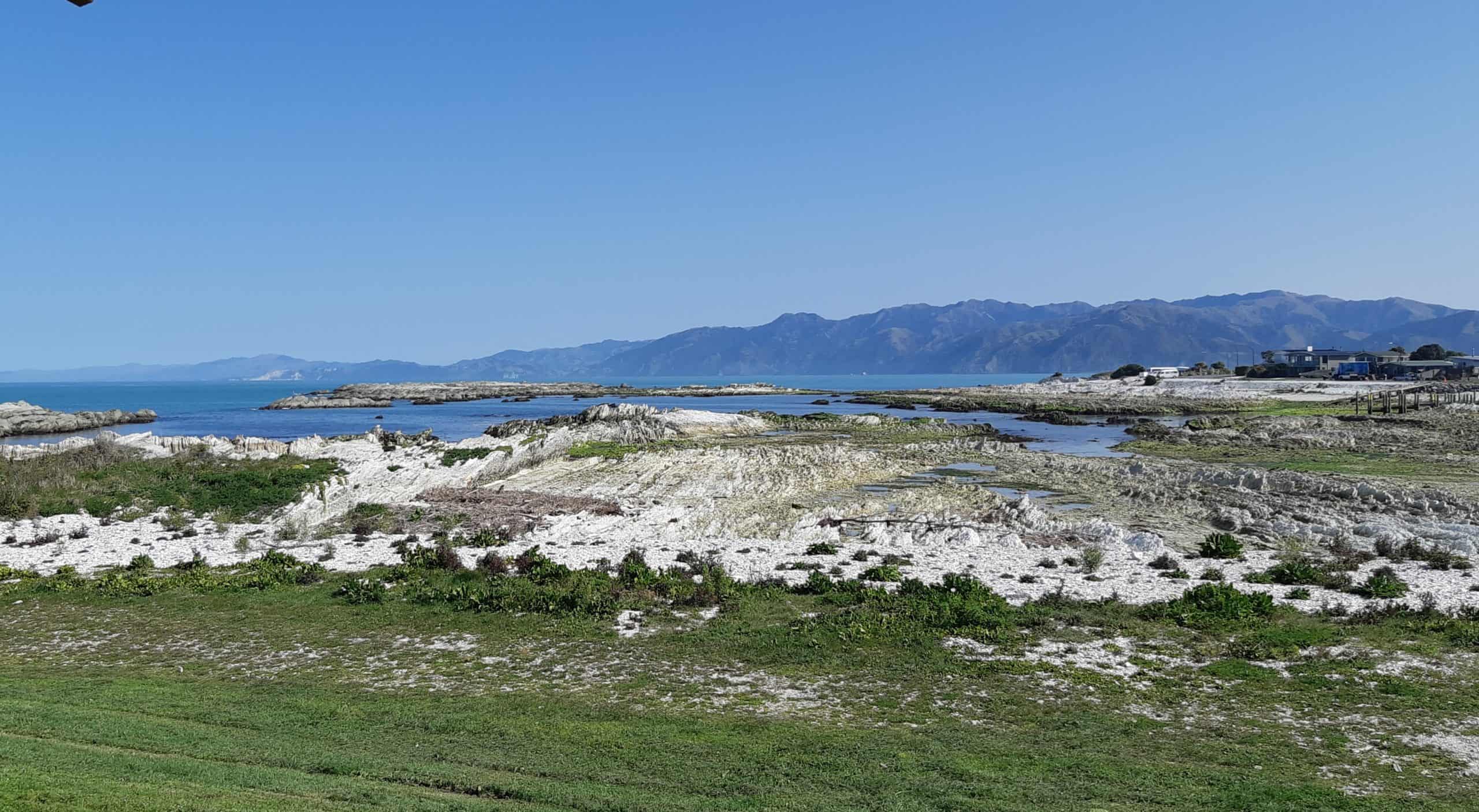
Next steps
My hope is that this research will advance understandings of the human dimensions of disaster recovery and hone and challenge currenttheoretical interpretations ofcommunity resilience.
As I am currently doing fieldwork, my thesis will be submitted mid-2020. While in the write-up phase I anticipate to present my research at conferences and produce journal articles.
